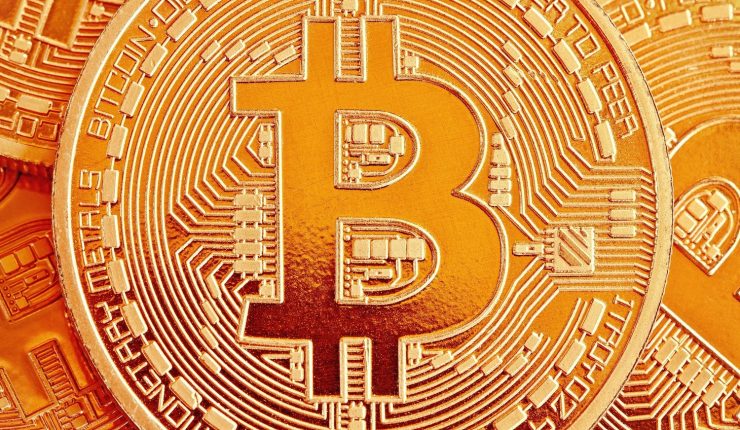
9 things you need to know about Blockchain
- Definition : In simple terms,Blockchain is a continuously growing list of records, called blocks, which are linked and secured using cryptography.Each block contains typically a hash pointer as a link to a previous block, a timestamp and transaction data.
- Design : By design, the blockchain is a decentralized technology.By allowing digital information to be distributed but not copied, blockchain technology was originally devised for the digital currency, Bitcoin, and now its finding other potential uses for the technology. Network of computing “nodes” make up the blockchain. Computer connected to the blockchain network using a client (that performs the task of validating and relaying transactions) gets a copy of the blockchain, which gets downloaded automatically upon joining the blockchain network.
- Robustness : It has a built-in robustness,by storing blocks of information that are identical across its network, the blockchain cannot be controlled by anyone/any single entity and has no single point of failure.
- Transparent: Self-auditing ecosystem, the network reconciles every transaction that happens in ten-minute intervals. Each group of these transactions is referred to as a “block”.
- Use Cases : Currently, finance offers the strongest use cases for the technology.For example : remittances, people use to buy things with Bitcoin, and store it along with other currencies.As of now,total market value of all Bitcoin is about $67,134,851,755 USD.1 BTC = $ 4,067.66 USD.In India, you can purchase Bitcoin from Zebpay exchange. Zebpay has Android and iPhone app which lets you link your bank account for quick transfers.Unocoin, another India-based exchange, lets you trade Bitcoins. They can help you buy, sell, store, use and accept bitcoin.Please note : RBI is yet to officially recognize the cryptocurrency and had cautioned users, holders and traders of Virtual currencies , including Bitcoins.
- Enhanced Security: By storing data across its network, the blockchain eliminates the risks that come with data being held centrally. A “public key” is a users’ address on the blockchain. Bitcoins sent across the network gets recorded as belonging to that address. The “private key” is like a password that gives its owner access to their Bitcoin or other digital assets. Store your data on the blockchain and it is incorruptible.
- Blockchain issues/limitations
- Overcoming transaction delays, the verification process, and data limits will be crucial.
- Government regulation status.
- Due to shift to a decentralized network, this requires the buy-in of its users and operators.
- While there are tremendous savings in transaction costs and time(due to decentralization) but there are high initial capital costs.
- Future use cases :
- Peer-to-peer payments
- Crowd sourced VC funds
- Applications in KYC verification
- Stock trading
- Data storage/auditing
- Blockchain Projects to keep note :
- Blockstack is a decentralized browser where users own their data and apps run locally. A browser portal is all that’s needed to get started.Instead of company like Google, Facebook owning your data, now you can control the data about yourself and reveal only what is minimally necessary when required.
- Ethereum is a distributed public blockchain network. While Bitcoin offers one particular application of blockchain technology, a peer to peer electronic cash system that enables online Bitcoin payments. While the bitcoin blockchain is used to track ownership of digital currency (bitcoins), the Ethereum blockchain focuses on running the programming code of any decentralized application.Ethereum apps run on a custom built blockchain, an enormously powerful shared global infrastructure that can move value around and represent the ownership of property.
Like this post? Don’t forget to share it!
Summary

Article Name
9 things you need to know about Blockchain
DescriptionIn this post, we look at 9 things you need to know about Blockchain
Author
Karthik
Publisher Name
upnxtblog
Publisher Logo

Average Rating